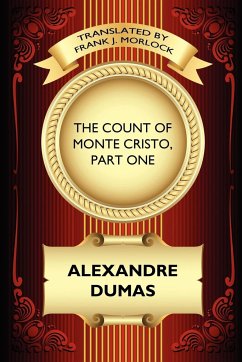To save his father from execution for treason, the Bravo Giovanni agrees to act as an assassin for The Council of Ten, and ruthlessly carries out their orders for targeted killings against real or imagined enemies of the Serene Republic of Venice in Italy. Inevitably, the Council members begin using the Bravo for their own purposes. When the Count de Bellamonte lusts after a helpless orphan girl, he forces Giovanni to eliminate her protector. But the girl's mother, the most sought-after courtesan in Venice, uses all her power and influence to protect her daughter. The play, adapted from a novel by American writer James Fenimore Cooper, is filled with eerie beauty and quiet horror--like Venice itself, a gondola of pretty pearls rocking gently on the murky, putrefying, garbage-laden waves of its many canals.
Hinweis: Dieser Artikel kann nur an eine deutsche Lieferadresse ausgeliefert werden.
Hinweis: Dieser Artikel kann nur an eine deutsche Lieferadresse ausgeliefert werden.








